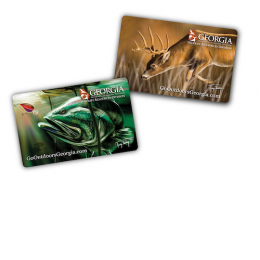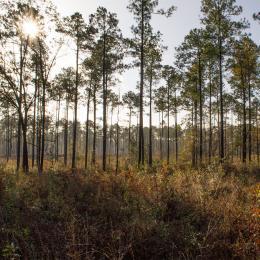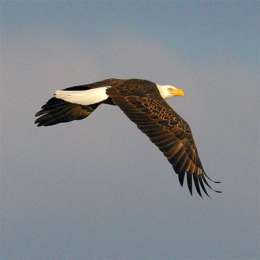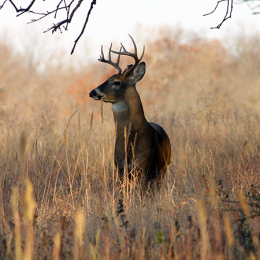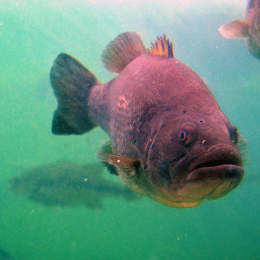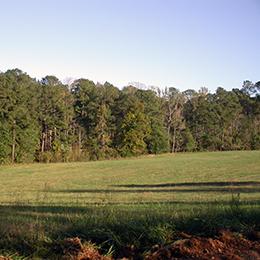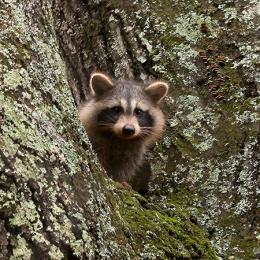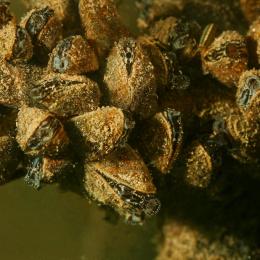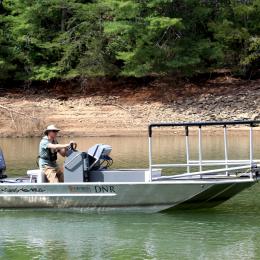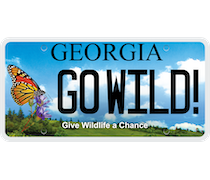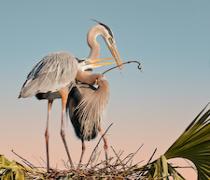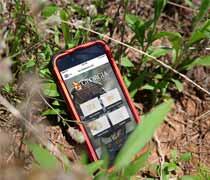- When did the rules become effective?
-
The Board of Natural Resources passed the rules during the board meeting held Oct. 25, 2022, at Fort McAllister State Park. The rules took effect Dec. 4, 2022. The 12-month grace period to tag and register six reptile species ended on Dec 4, 2023.
- I have a pet reptile that was listed as wild animal under the recently passed rules. Can I keep it?
-
It depends. Indian rock pythons, Burmese pythons, Argentine black-and-white tegus, Nile monitors, African helmeted turtles and Chinese softshell turtles possessed on or before the effective date of the rules may be held as a pet without a license or permit provided that the owner tagged and registered all individuals with DNR’s Law Enforcement Division on or before Dec. 4, 2023. Animals not tagged and registered with DNR by Dec. 4, 2023, cannot be held as pets.
- I am a reptile breeder. How do the rules affect my business?
-
Indian rock pythons, Burmese pythons, Argentine black-and-white tegus, Nile monitors, African helmeted turtles and Chinese softshell turtles may not be imported, transported, transferred, sold, purchased, or possessed without first obtaining a wild animal license or permit from Georgia DNR. Permits are only issued for scientific, educational, or public exhibition purposes consistent with O.C.G.A. Sec 27-5-4. See exception for registered pet reptile species described in the above FAQ.
- Do the rules apply to different color morphs of listed species?
-
Yes, the rules apply to the species or taxonomic group listed and do not make exceptions for different varieties or color morphs. For example, all color varieties or morphs of Salvator merianae (Argentine black-and-white tegu) are considered wild animals and must meet the requirements. Some common Salvator merianae morphs include blue tegu, purple tegu and white-headed tegu (this is not a complete list of Salvator merianae morphs). Other tegu species (such as golden tegus and red tegus) do not have to be tagged and registered.
- Who is eligible for a wild animal license or permit?
-
Except where specifically noted in the rules, wild animal licenses are issued to persons engaged in the wholesale or retail wild animal business or who are exhibiting wild animals to the public. Wild animal permits are issued at no cost for scientific, educational or other purposes detailed in O.C.G.A. 27-5-4. Wild animal licenses/permits cannot be issued for the purpose of pet ownership.
- What is a wild animal?
-
Under Georgia law (O.C.G.A. 27-1-2(75), wild animal means any animal that is not wildlife and is not normally a domestic species in the state. This term includes any hybrid or cross between any combination of a wild animal, wildlife and a domestic animal. Offspring from all subsequent generations of such crosses or hybrids are considered wild animals. Georgia law defines wildlife as any vertebrate or invertebrate animal life indigenous to the state.
- Where can I find a current list of species designated as wild animals in Georgia?
-
The official rules that include a list of prohibited species, a list of inherently dangerous species requiring a wild animal license and liability insurance, and a list of species that require only a wild animal license can be found on the Secretary of State's website at rules.sos.ga.gov/gac/391-4-8.
- How are wild animals treated under state law in Georgia?
-
The state regulates the importation, transportation, sale, transfer and possession of wild animals that pose a possibility of harmful competition for wildlife, the introduction of a disease or pest harmful to wildlife, problems with enforcing laws and regulations relative to wildlife, and of threatening wildlife or other natural resources or endangering the physical safety of humans (O.C.G.A. 27-5-1). Georgia law establishes a list of wild animals for which a license or permit is required (O.C.G.A. 27-5-5) and gives the Board of Natural Resources the authority to supplement that list (O.C.G.A. 27-5-2). The rules that took effect Dec. 4, 2022, supplemented Georgia’s wild animal list with additional species and updated scientific names to reflect current taxonomy.
- Why did DNR update the list of wild animals in 2022?
-
The list (O.C.G.A 27-5-5) had not been updated since 1994. Changes in the scientific names of species since that time make it difficult for the public to understand what is regulated under the law. More importantly, the updated list includes additional species that pose a threat to Georgia wildlife or to people.
- How did DNR determine what species to add to the wild animal list?
-
Our biologists reviewed invasive species that have been documented in Georgia and nearby states and scientific publications assessing the ecological risk/inherent danger to humans to determine additional species. We used recently published taxonomic classifications to update scientific names.
- Did DNR remove species from the wild animal list?
-
No. The wild animal law allows the DNR board to add to the list but not remove species designated by the Legislature in O.C.G.A 27-5-5. The rules now include a list of all species originally designated by law plus species recently added by the board.
- Can I add a newly listed wild animal to my wild animal license or permit?
-
Yes, provided that you meet the specifications for humane handling, care, confinement and transportation of wild animals detailed in the law (O.C.G.A. 27-5-6) and remain eligible for a license/permit (O.C.G.A. 27-5-4).
- Will this regulation affect my llama farm?
-
No, the definition of wild animals in Georgia law excludes normally domestic species. Further, the rules provide exemptions for llamas, American bison, water buffalo and alpaca.
- Can I keep my European ferret, chinchilla, gerbil or sugar glider?
-
Yes. The most recent revisions do not change regulations related to ferrets, chinchillas, sugar gliders or gerbils: All can be kept as pets without a wild animal license/permit. However, the rules include specific requirements for keeping European ferrets and sugar gliders.
- Where can I read the complete chapter of laws related to wild animals in Georgia?
-
Please visit the General Assembly Website, click on Legislation and Laws in the upper left corner of the page, select Georgia Code in the upper right corner of the drop down menu, and then select Title 27, Chapter 5 on the Lexis Nexis webpage.
- I have a special situation or question not addressed on this webpage. Who can I call for more information about wild animals?
-
Please call the Georgia DNR Law Enforcement Division - Special Permit Unit at 770-918-6408.
An official website of the State of Georgia.




